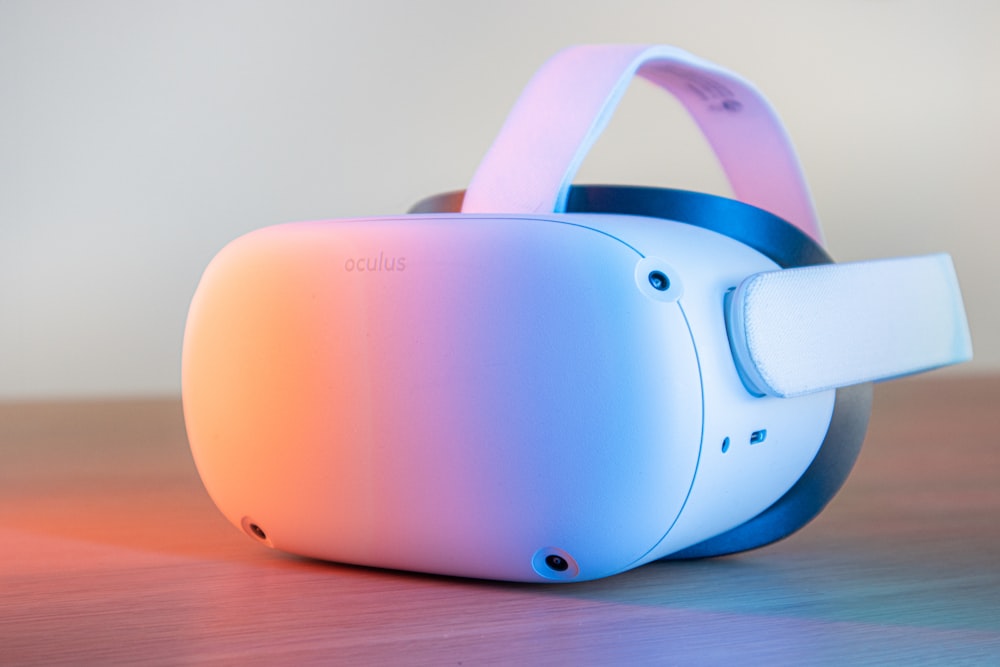Exploring the Impact of Virtual Reality on Gaming
Published 8:54 am Wednesday, July 5, 2023
Source: unsplash
Sponsored content
For centuries, the casino industry has experienced notable and immense growth. From traditional board games to video games, technological advancements have continually pushed the boundaries of players’ experiences. One such innovation that has made a significant impact in recent years is Virtual Reality. It has emerged as a groundbreaking technology that revolutionizes how we play games by creating immersive and interactive virtual environments. This article discusses the impact of virtual reality on gaming. It also explores the advantages and disadvantages of VR and its challenges.
What Is Virtual Reality Gaming?
VR is a revolutionary form of interactive entertainment that uses advanced technologies to create a simulated environment. It allows SolrishCasinos players to immerse themselves in and navigate a virtual world using specialized hardware and software. You can use motion controllers, haptic feedback devices, or even your body movements to interact with the games. As a result, the technology makes you feel like you’re physically present in the imaginary environment.
The Appeal of VR Gaming
Virtual Reality uses advanced technology to provide captivating experiences. It holds a unique appeal that sets it apart from traditional gameplay. Some of these include the following:
- Immersive and realistic experience
- Natural and intuitive interactions
- Sense of presence and exploration
- Social and multiplayer interaction
Challenges Faced By the VR Gaming Industry
Virtual reality has immense benefits. However, it also faces several challenges that limit the industry’s potential. They include:
- VR often requires players to wear headsets for extended periods. As a result, it can lead to discomfort, fatigue, or other physical issues. This includes motion sickness.
- The VR industry needs a diverse range of content beyond just gaming experiences. By doing so, it will sustain players’ interest and growth.
- Fewer VR users than traditional gaming platforms may result in smaller player communities.
Pros and Cons of VR Gaming
Source: unsplash
Virtual Reality presents exciting opportunities to enhance the experience and attract new players. Here are the advantages and disadvantages of Virtual Reality.
Pros
Enhanced Realism
VR technology offers more realistic gaming compared to its traditional counterparts. It enables players to interact with the virtual world more naturally and intuitively. This realism extends to visual and auditory aspects, including 3D visuals, contributing to a more lifelike experience.
Immersive Experience
VR immerses players in virtual worlds to engage within the game environment.
Presence and Immersion
The surroundings fade away when players are fully immersed in the virtual world. This makes them feel as if they are physically present at the casino and focus solely on the game. The heightened immersion level evokes strong emotions and creates memorable experiences.
Cons
Cost and Equipment Requirements
Virtual Reality gaming is expensive compared to regular online games. It requires the purchase of a VR headset, a compatible PC or console, and other accessories like motion controllers.
Physical Discomfort
Some people may experience motion sickness while playing VR games. However, not everyone is affected, and developers continually work to minimize these issues.
Limited Game Library
Compared to traditional gaming, the VR collection is still relatively small. While their number grows, they do not offer the same variety as conventional operators. However, this is gradually improving as the VR market expands. The games often require a dedicated physical space for movement and gameplay.
Development Challenges
Creating high-quality VR games may be technically challenging and time-consuming. The development process requires specific expertise and resources.
Accessibility Challenges
It may not be accessible to everyone, especially those with certain disabilities. This includes mobility limitations and visual impairments. However, there is ongoing work to improve the accessibility features of VR technology.
Potential Impact of Virtual Reality on Traditional Gaming Experiences
The future implications of VR for regular gambling thrills are vast. They hold great potential for transforming the way we play games. Some of these comprise:
- A broader adoption of VR in the gaming industry due to Virtual Reality headsets’ affordability and comfort.
- Higher display resolutions, faster refresh rates, and improved rendering technologies.
- Development of new games tailored to take full advantage of the technology.
- Enhanced avatar customization, realistic facial expressions, and natural body language tracking. This will make multiplayer gaming in VR feel more like being physically present with others.
Conclusion
Virtual reality has significantly transformed how we gamble and play games. It paved the way for immersive and realistic experiences that were previously unimaginable. However, while virtual reality gaming has its challenges, the potential it holds for the future is immense. It will likely continue to shape interactive entertainment.



